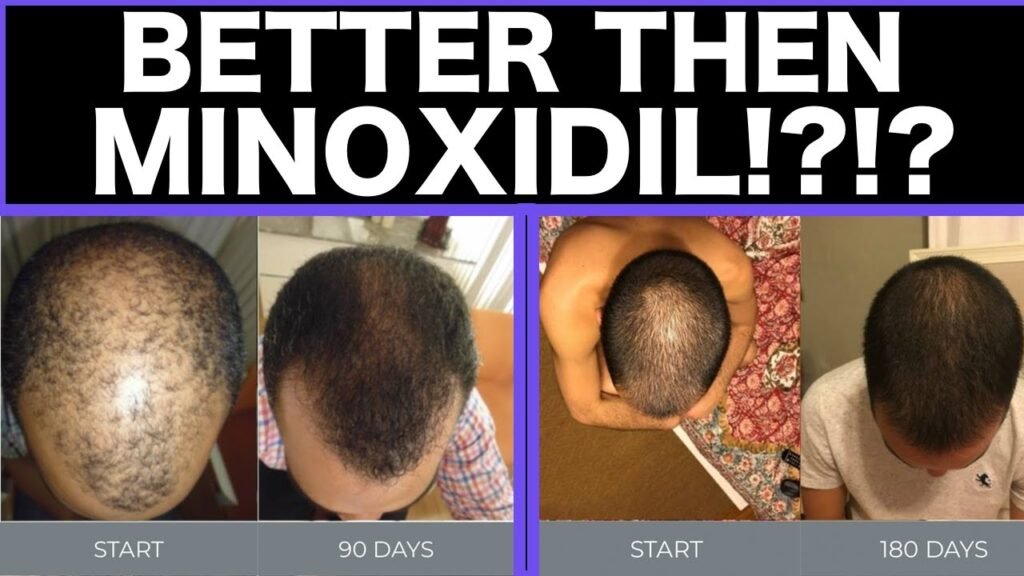Drawbacks of choosing Natural alternatives to minoxidil
When opting for natural alternatives to minoxidil, one of the primary concerns is the lack of scientific evidence supporting their effectiveness. While many natural remedies are praised for their benefits, only a few have undergone rigorous clinical trials to verify their efficacy in promoting hair growth. This lack of substantial research can make it challenging for users to trust these alternatives fully, as they might not deliver the expected results compared to minoxidil, which is FDA-approved and has been extensively studied.
Another significant drawback is the inconsistency in results. Natural remedies can vary widely in terms of ingredients and concentrations, leading to unpredictable outcomes. Unlike standardized treatments like minoxidil, which offer consistent dosages and application methods, natural products may not provide the same reliability. Users might experience varied results depending on the specific formulation or the brand they choose, making it difficult to achieve consistent hair growth improvements.
Natural alternatives often require a longer duration to see visible results. While minoxidil can show noticeable effects within a few months, natural remedies might take much longer to exhibit any significant changes, if at all. This extended timeframe can be discouraging for individuals seeking quick solutions for hair loss. Moreover, the commitment to a long-term regimen without guaranteed results can be frustrating, leading some users to abandon the treatment prematurely.
Lastly, the potential for allergic reactions or sensitivities is a concern with natural alternatives. Ingredients derived from plants or other natural sources can sometimes cause adverse reactions, especially in individuals with sensitive skin or allergies. This risk necessitates thorough research and patch testing before fully committing to a natural treatment, adding another layer of complexity and caution to the decision-making process.


